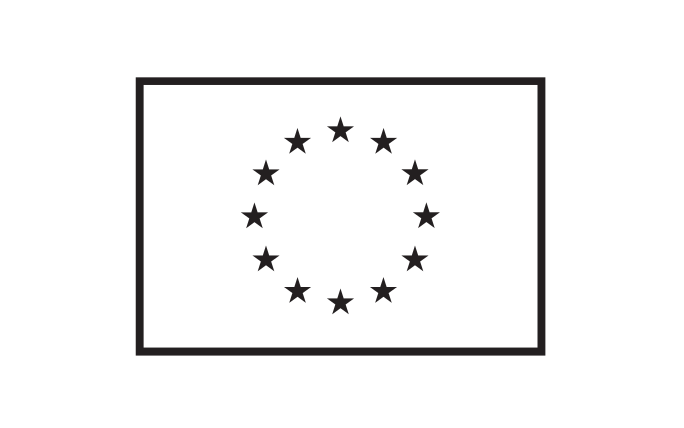The fight against tuberculosis (TB) and other lung diseases based on a better understanding of the causative agents is the central aim of our research. In the main focus are Mycobacterium tuberculosis complex strains (Mtbc) and other bacterial lung pathogens. The translational research agenda comprises the following topics: local and global transmission dynamics, determination of resistance and compensatory mechanisms, population structure and evolution of Mtbc strains and other mycobacteria, virulence/physiology/pathobiology of mycobacteria, application of high-throughput technologies in research and diagnostics, implementation of new technologies in high incidence countries, as well as for individualized therapy and evolutionary medicine. Whole genome sequencing (WGS) approaches are applied for high resolution characterization of pathogen genomes and for transcriptome studies. More than 300 strains per weak are currently under investigation in our pathogenomic laboratory and overall, genome data of more than 15.000 Mtbc-strains and of other lung pathogens are available for downstream analyses. Key research is performed on the pathogens global population structure and the link between pathogen diversity, virulence properties and host-pathogen interaction. This work has laid the basis for an understanding of historic evolution and population structure of the tubercle pathogens. Even more importantly, it has linked this finding with Mtbs pathobiological diversity and the outcome of infection, thus pioneered investigations of the co-evolution and interaction of the pathogen and the host. In a complementary approach ranging from basic mycobacteriology, macrophage infection experiments to transcriptome profiling and host genetic studies, we aim to define mycobacterial virulence factors and their correlation with host genetics. Presently, we are exploring NGS based RNAseq strategies to get a deeper understanding of virulence mechanism of the pathogen, e.g. in stress models (infection models, dormancy, persister). These studies are critical for understanding the diverse outcomes of infection, individualized treatment efficacy, and the development of new personalized diagnostics and therapeutics.

about
faculty members
students
dates
publications
application
news
locations
contact





